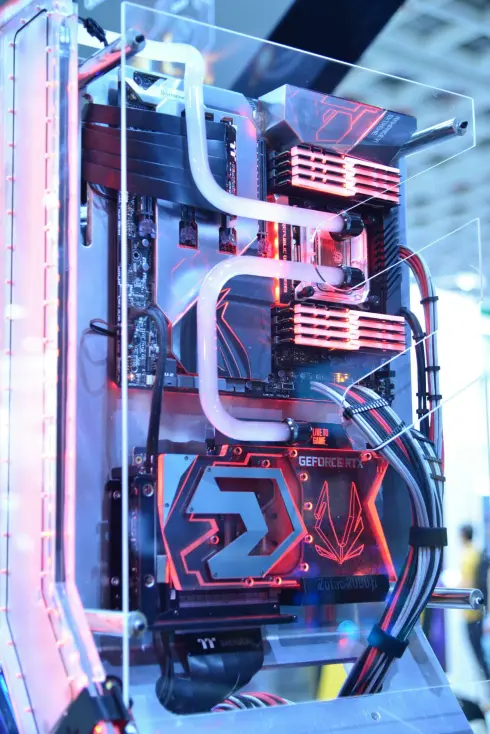
The Biden administration today announced new rules regarding exportation of AI chips to 120 countries, according to reports from the Associated Press (AP).
The NY Times clarified that the framework divides countries into three categories: The U.S. and its 18 closest allies (including Britain, Canada, Germany, Japan, South Korea and Taiwan), countries already under a U.S. arms embargoes (like China and Russia) that will continue to face an existing ban on AI chip purchases, and all other countries, which would be subject to these new rules.
According to AP, under the new rules, the restricted countries would be able to purchase up to 50,000 GPUs. Government-to-government deals could increase the limit to 100,000 if a country’s renewable energy and security goals align with the U.S., and organizations in specific countries could also potentially apply for a status that enables them to buy up to 320,000 GPUs over two years.
Additionally, chip orders equivalent to 1,700 advanced GPUs wouldn’t count against the limit, which is likely designed to help universities and medical institutions meet their needs, AP speculated.
NVIDIA responded to this news with a blog post stating that these rules would put global progress at risk.
“The new rules would control technology worldwide, including technology that is already widely available in mainstream gaming PCs and consumer hardware. Rather than mitigate any threat, the new Biden rules would only weaken America’s global competitiveness, undermining the innovation that has kept the U.S. ahead,” the company wrote.
The rules do include a 120-day comment period, which means that President-elect Donald Trump will be the one to actually decide the rules for selling chips overseas.






